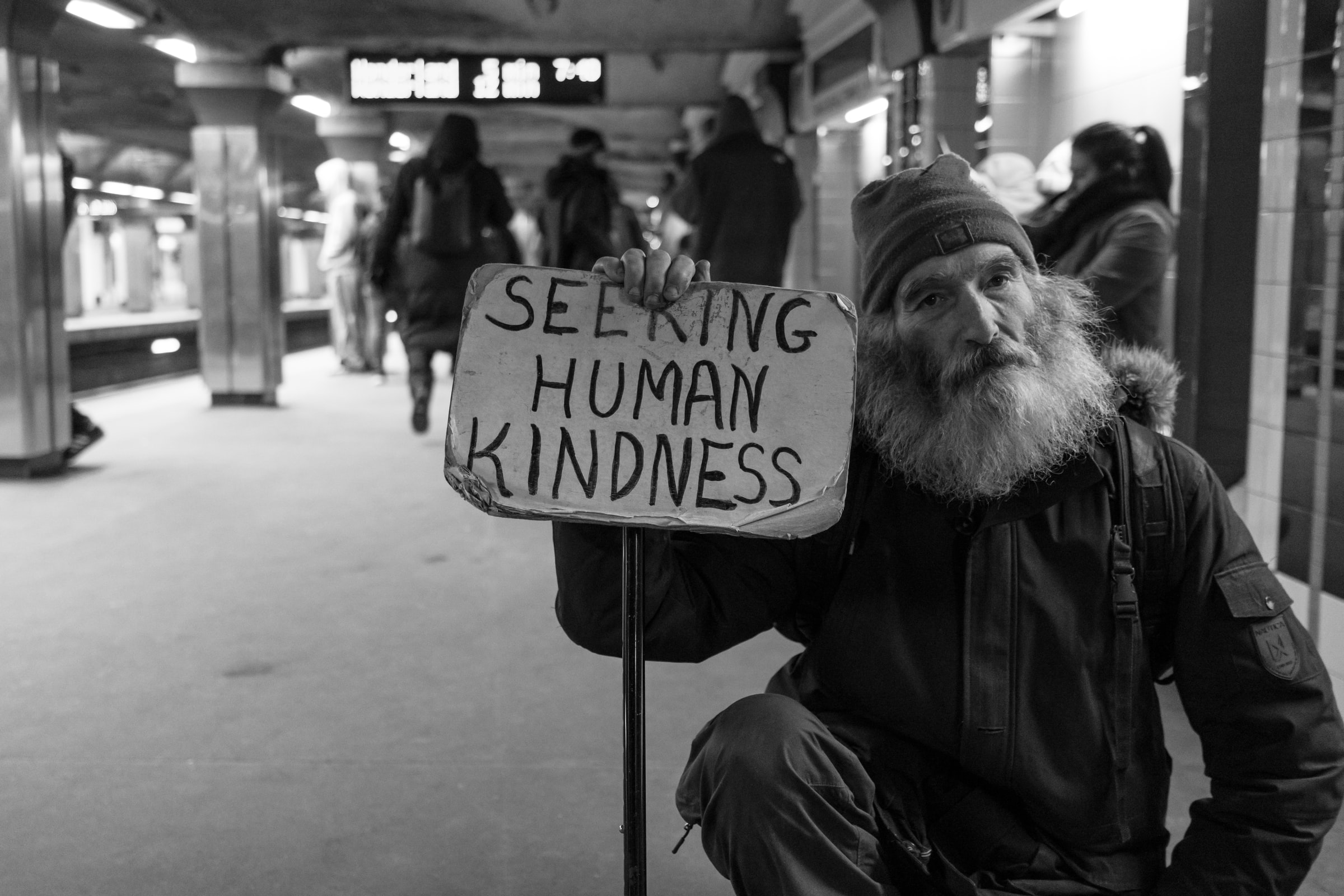Last week, news about an act of violence enacted against Indigenous houseless individuals on the corner of Milton street and Parc avenue, a location that McGill students routinely walk by, filled students’ social media feeds. A post made by The Meals for Milton-Parc social media page explained that on November 16th, members of the neighbourhood filed a complaint against the presence of unhoused individuals, causing police to present them a two-week ‘eviction’ notice. However, only a day later, all of their personal belongings were seized by an unidentified garbage truck. With winter around the corner and the COVID-19 pandemic either raising the health risks of staying at a shelter or simply shutting shelters down, the removal of the individuals’ belongings was unethical and only made their situation yet more vulnerable.
https://www.instagram.com/p/CH1HJMLhLR3/?utm_source=ig_web_button_share_sheet
This echoes a similar situation in July, when community members convinced the owner of the property on the corner to erect a fence around the open lot in an attempt to push houseless people away, quite literally attempting to push the group of houseless individuals to the margins of society. With the fence in place, the sidewalk and the street were the only areas where the group could congregate. This new set-up was fatal for Kitty Kakkinerk, an Inuit houseless woman. When Kakkinerk was attempting to run away from an abusive partner, she was forced on to the road, causing her to be hit by a truck. John Tessier, an employee at The Open Door shelter, alongside many others believe that had the fence not been there, the tragic death of Kakkinerk could have been avoided. In both cases, hostility towards unhoused neighbours has led to devastating outcomes.
The ongoing pandemic might have also played a role in her death. Since shelters have recently become less accessible, the safe spaces for houseless individuals to stay are limited. In response, not only has the Milton-Parc community shown a lack of compassion, but the government has as well. Although the Canadian government promised to provide relief for houseless people during the COVID-19 pandemic, “the Montreal homeless haven’t seen ‘one penny’ of emergency funds”. With Montreal overwhelmed by rising COVID-19 case numbers and 70% of Quebec’s houseless population living in the city, most of this relief should be ushered into Montreal. However, Montreal is only receiving ⅓ of the $21 million dollars Trudeau has provided to Quebec in order to meet the goal of “[ensuring] the houseless have a place to sleep and other essential services throughout the pandemic.”
Evidently, the government is failing to provide sufficient support, causing shelters to plummet into “constant crisis mode.” As a result, the situation is worsening because unhoused people are living in even more precarious situations than before.
The treatment of unhoused individuals on the corner of Milton-Parc speaks to the broader issue of gentrification and the role that hostile residents and businesses play in displacing houseless citizens. In 2018, when The Open Door made the move from Westmount to the corner of Milton-Parc, the organization was mostly met with some support but also a substantial amount of hostility. A petition was signed by approximately 40 neighbourhood businesses and residents of the area protesting the presence of the houseless support centre in their community. The reason for concern was that the charitable organization would cause a “sudden influx of homeless people to the neighbourhood to use the services provided by The Open Door.”
With government aid lacking during this pandemic, the need for compassionate communities and grassroots organizations is undeniable. Projects and initiatives have been budding up in support of members of the neighbourhood. One example of this is Meals for Milton-Parc, the McGill student-led project mentioned above. This group works closely with The Open Door and delivers meals and care packages to houseless people in the area. Throughout the pandemic, communities have come together and have grown stronger bonds. This initiative embodies this perfectly. Ultimately, although the pandemic has exacerbated the houseless problem, it has also encouraged communities to think more compassionately about their fellow community members.
The minority of community members hostile to houseless people should be challenged by a shift in the way society thinks about the houseless. This can start with the language we use and our perception of houseless people. As the executive director for Street Roots, Kaia Sand, explains, many houseless people explain that “[they] have a home even when [they] don’t have a house.” In other words, people do not need shelter to have a home. They can create their homes in their tents through a sense of community, which is why they should be considered houseless and not homeless. Ultimately, we must help to strengthen their sense of ‘home’ by treating them like community members— our neighbours— and not outsiders whom we should file complaints against.
Edited by Yu Xuan Zhao.
Photo credits: Matt Collamer, n.d., licensed under Unsplash. No changes were made.
Jemima Maycock is in her third year at McGill University, currently pursuing a B.A. in International Development Studies and Gender, Sexuality, Feminist, and Social Justice Studies (GSFS). With these majors as her background, she approaches international development topics and issues with a gendered lens. She is interested in women’s rights, particularly those of migrant women.

